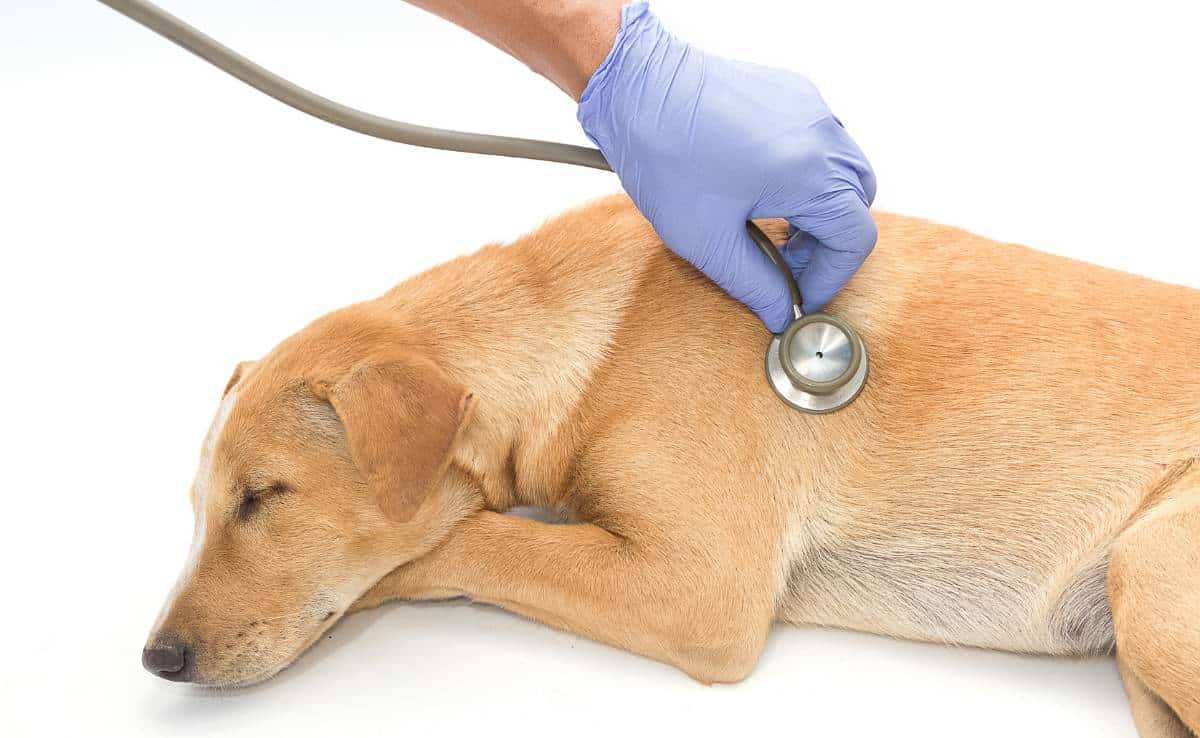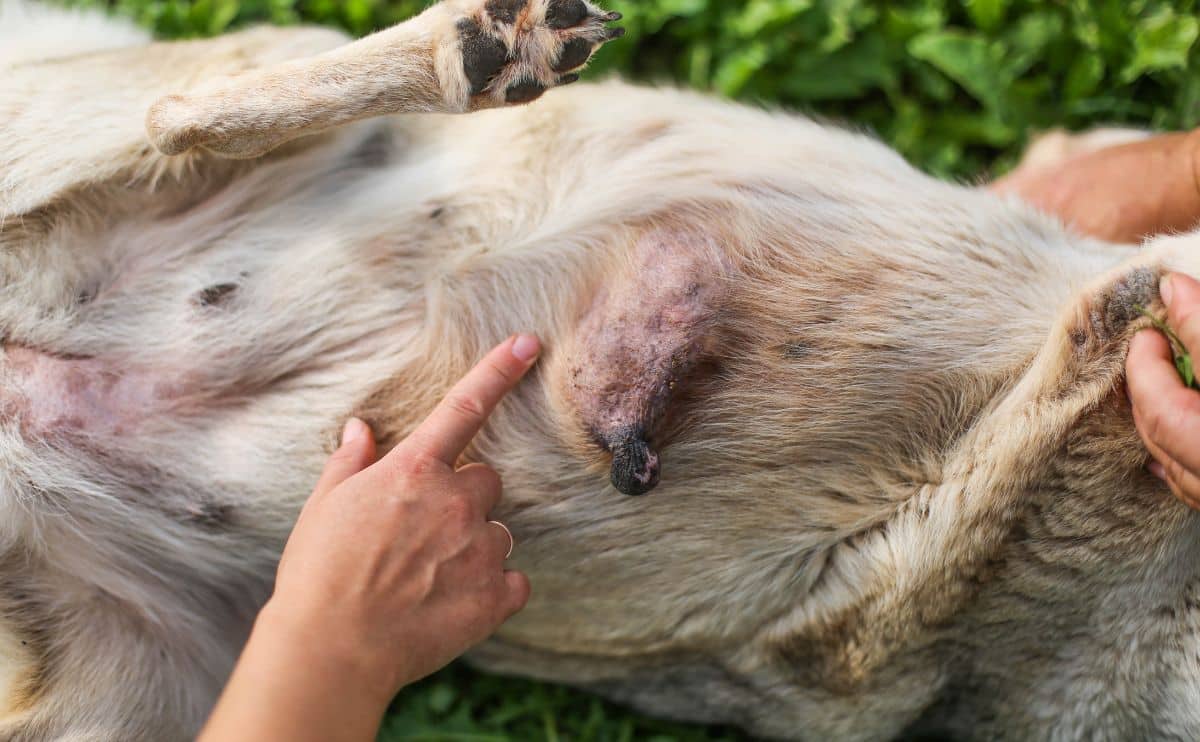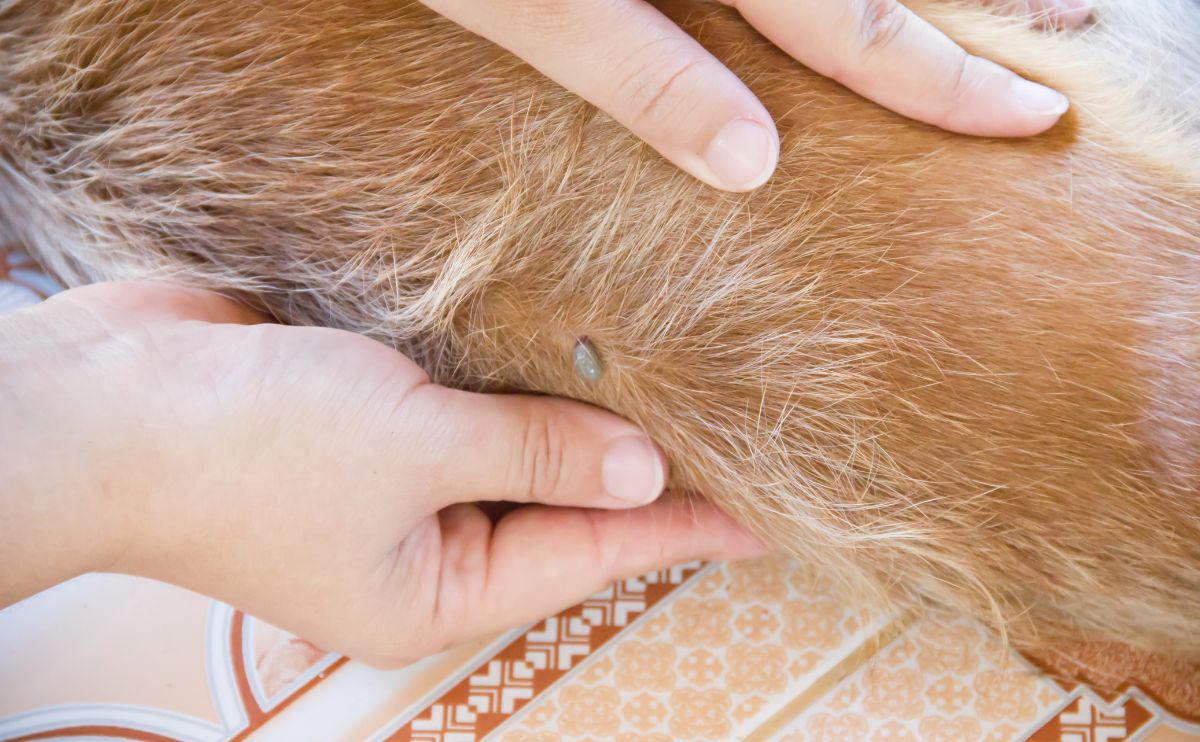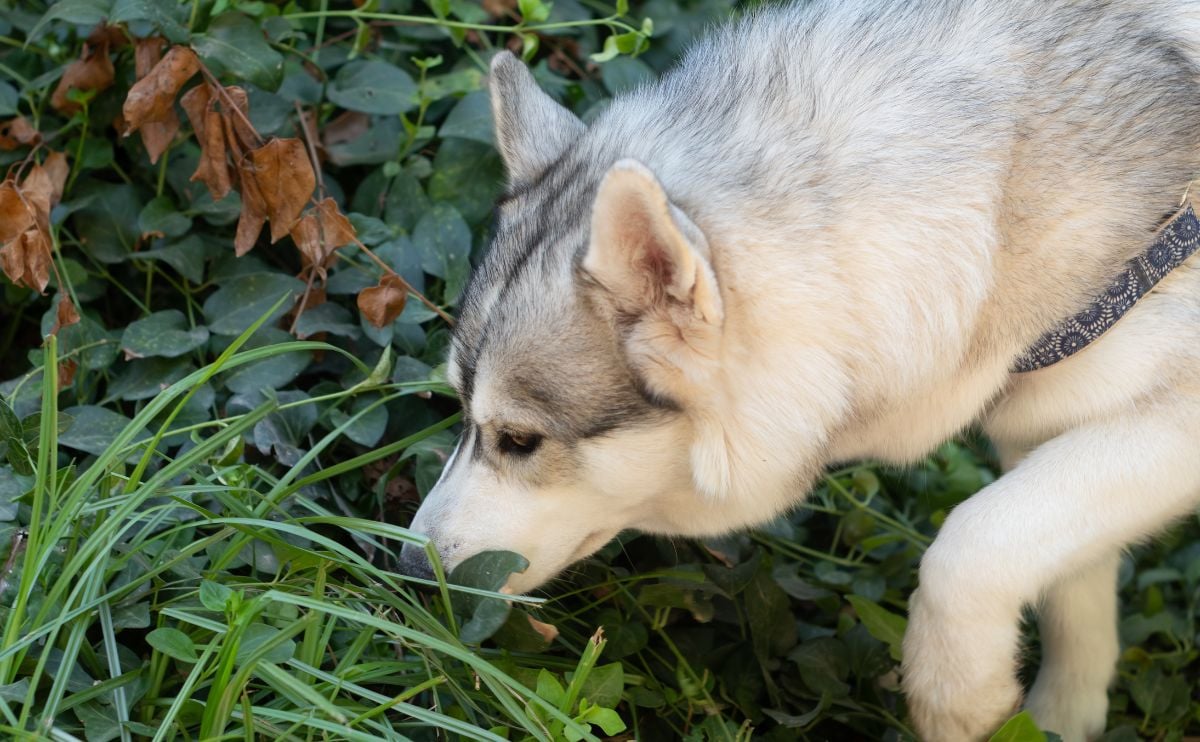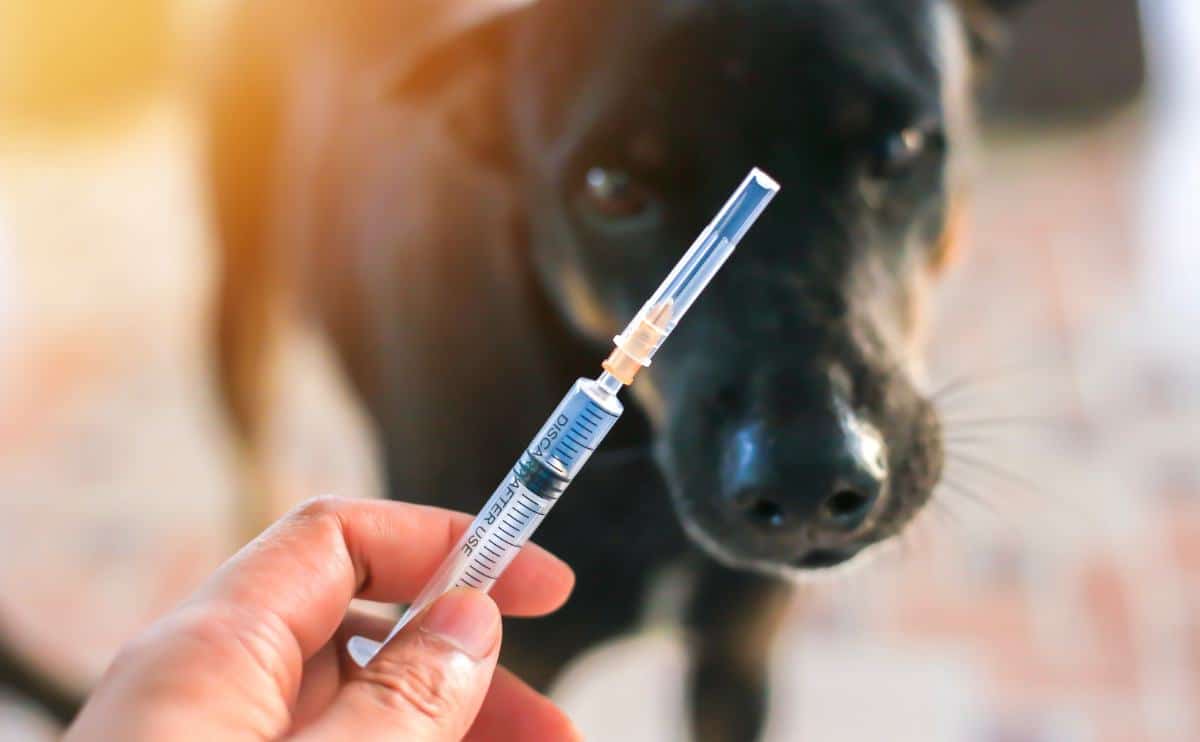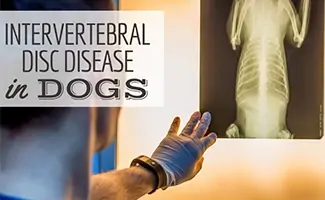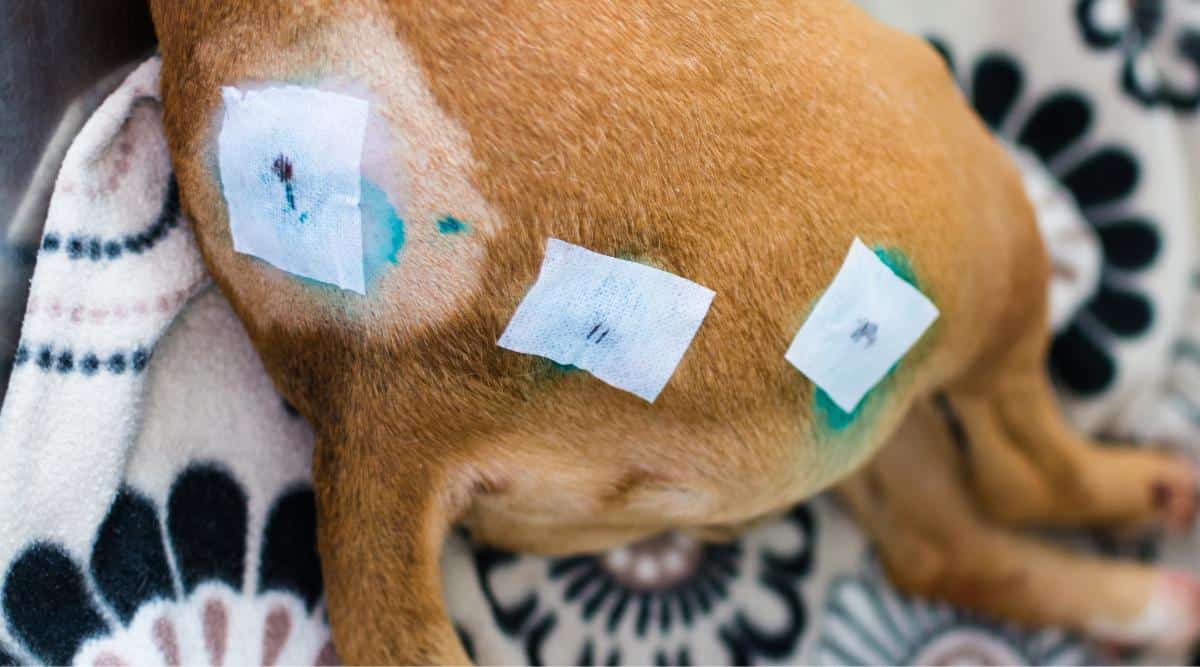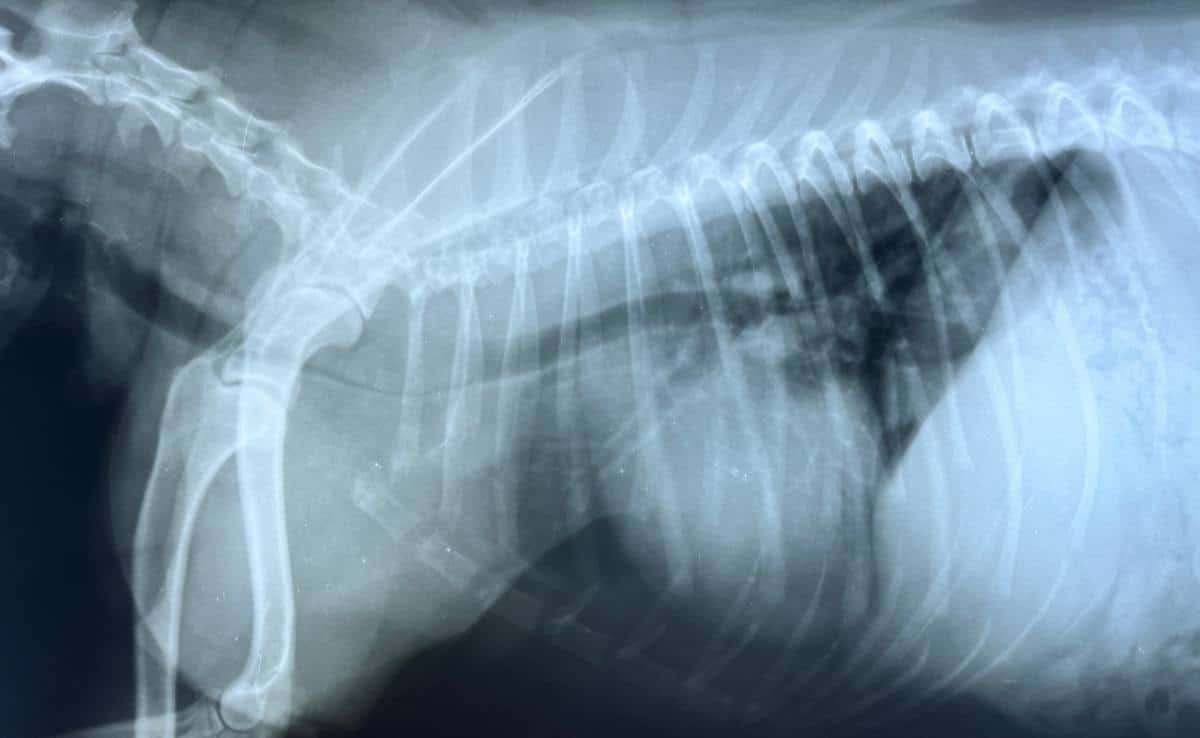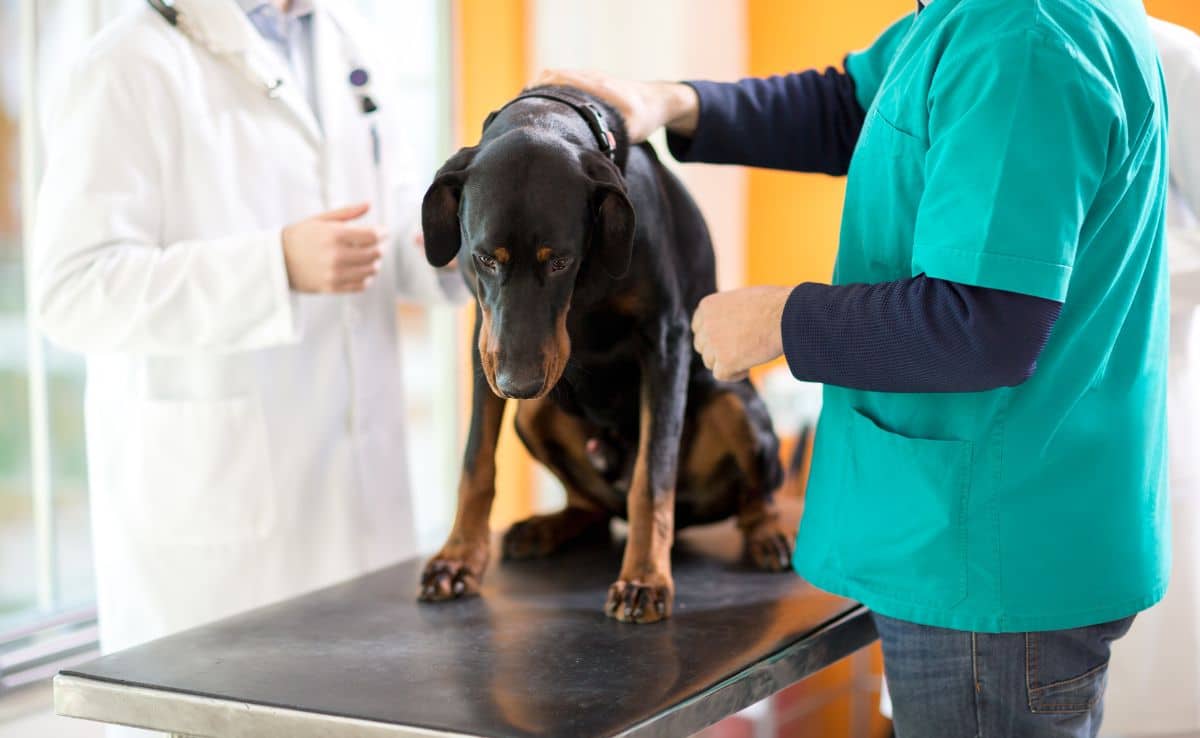Lung Cancer In Dogs: Causes, Symptoms, Treatment & More
As our dogs get older and live longer, and with advances in veterinary care, more and more dogs are getting diagnosed with cancer. Learning that your beloved canine friend has cancer can be frightening. There are different types of lung cancer in dogs, and the prognosis varies. So, what are the signs of lung cancer in dogs? When should I worry about my dog coughing? And how is a lung tumor in dogs treated?
Lung Cancer In Dogs: Causes, Symptoms, Treatment & More Read More »
